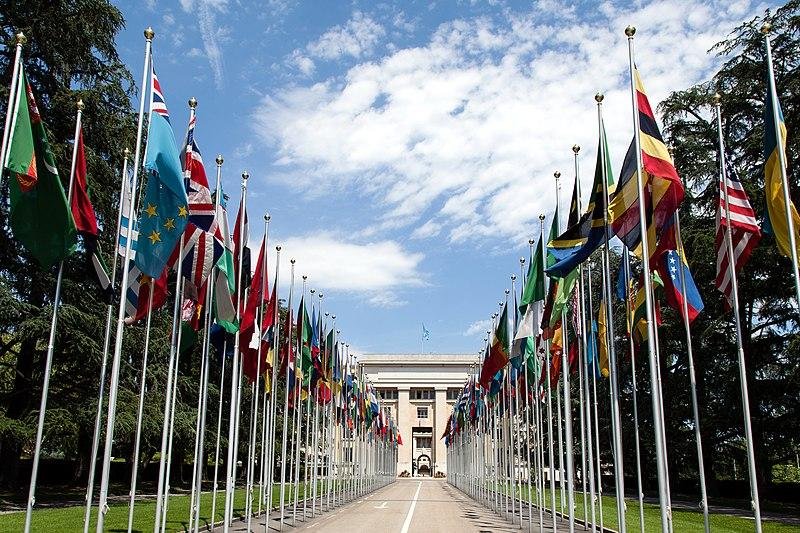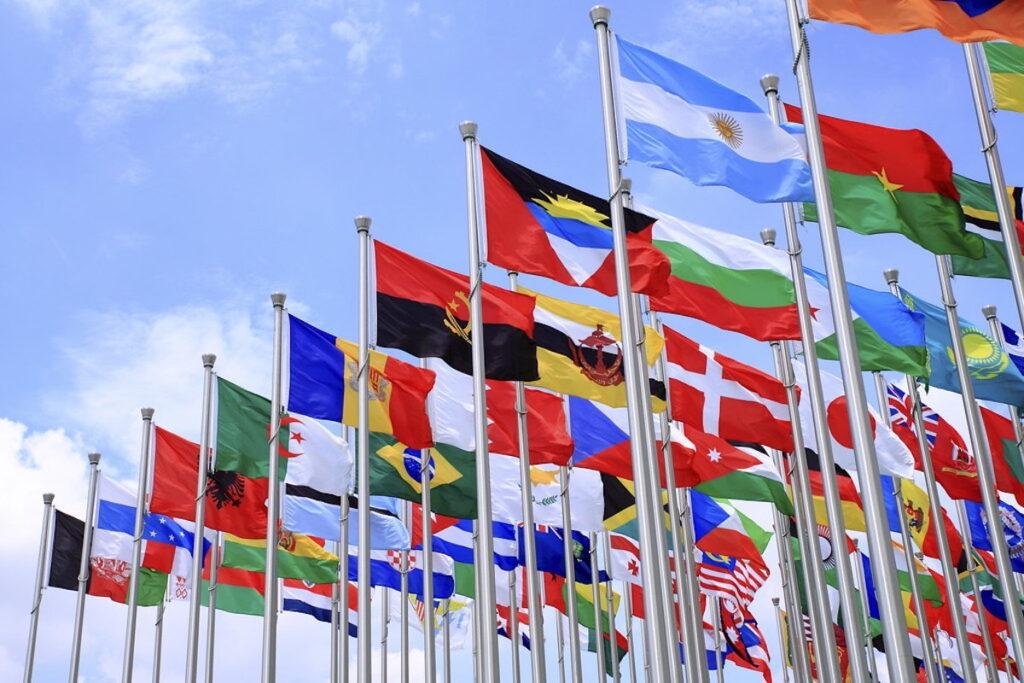International relations & diplomacy
International relations and diplomacy are two interconnected concepts that govern the relationships between nations in the global arena.
International relations refer to the study of the interactions between countries and their behavior in the international system. Diplomacy, on the other hand, refers to the practice of conducting negotiations and maintaining relationships between nations through peaceful means.

This topic focuses on the relationships between different countries and how they interact on the global stage, including issues such as trade agreements, military alliances, and foreign aid.
These concepts play a vital role in shaping global politics and determining the fate of nations.
International relations and diplomacy involve a wide range of issues, including trade agreements, military alliances, foreign aid, and human rights. These issues are complex and require careful consideration, negotiation, and compromise between nations to reach a mutually beneficial outcome.
Trade agreements are one of the most critical issues in international relations. Nations increasingly rely on each other for the exchange of goods and services, driving interconnectedness in the global economy. Trade agreements help facilitate this exchange by reducing trade barriers and promoting fair competition.
They also help promote economic growth and stability, which is vital for the well-being of nations.
Military alliances are another important aspect of international relations. Countries form military alliances to protect themselves against external threats and to project their power globally. These alliances can be formal, such as NATO, or informal, such as the partnership between the United States and Israel.
Military alliances can also be controversial, as they can lead to tensions between nations and even result in armed conflict.
Foreign aid is another crucial issue in international relations. Developed countries provide aid to developing countries to help them improve their infrastructure, health care, and education systems.
This aid can take the form of financial assistance, technical expertise, or material goods. Foreign aid can be controversial, as some argue that it can create dependence and hinder development.
Human rights are also a critical issue in international relations. Other nations may take action, such as imposing economic sanctions or even military intervention, when a nation violates the basic human rights of its citizens, such as freedom of speech, religion, and assembly.
Human rights violations can also lead to tensions between nations and damage their relationships.
Diplomacy plays a vital role in resolving these complex issues. Diplomats undergo training to negotiate and mediate between nations, using peaceful means for resolution. They must have excellent communication and problem-solving skills and be able to understand the cultural, political, and economic differences between nations.
Diplomats must also be aware of the power dynamics between nations and be able to navigate complex power structures to achieve their goals.
The United Nations (UN) is one of the most important organizations in international relations. It was established in 1945 to promote peace and security and to facilitate cooperation between nations.
The UN has 193 member states and plays a crucial role in resolving conflicts, providing humanitarian aid, and promoting sustainable development.
The UN also has various specialized agencies, such as the World Health Organization (WHO) and the International Atomic Energy Agency (IAEA), which focus on specific issues.
International relations and diplomacy have evolved significantly over the years. In the past, elites often conducted diplomacy based on personal relationships between leaders.
Today, professional diplomats conduct diplomacy in a more formalized manner. International relations have also become more complex, as global issues such as climate change and terrorism require a coordinated international response.
Conclusion
International relations and diplomacy play a crucial role in shaping global politics and determining the fate of nations.
Issues such as trade agreements, military alliances, foreign aid, and human rights are complex and require careful negotiation and compromise between nations to reach a mutually beneficial outcome.
Diplomacy is essential in resolving these issues, as it allows nations to communicate and cooperate peacefully. 온라인카지노



